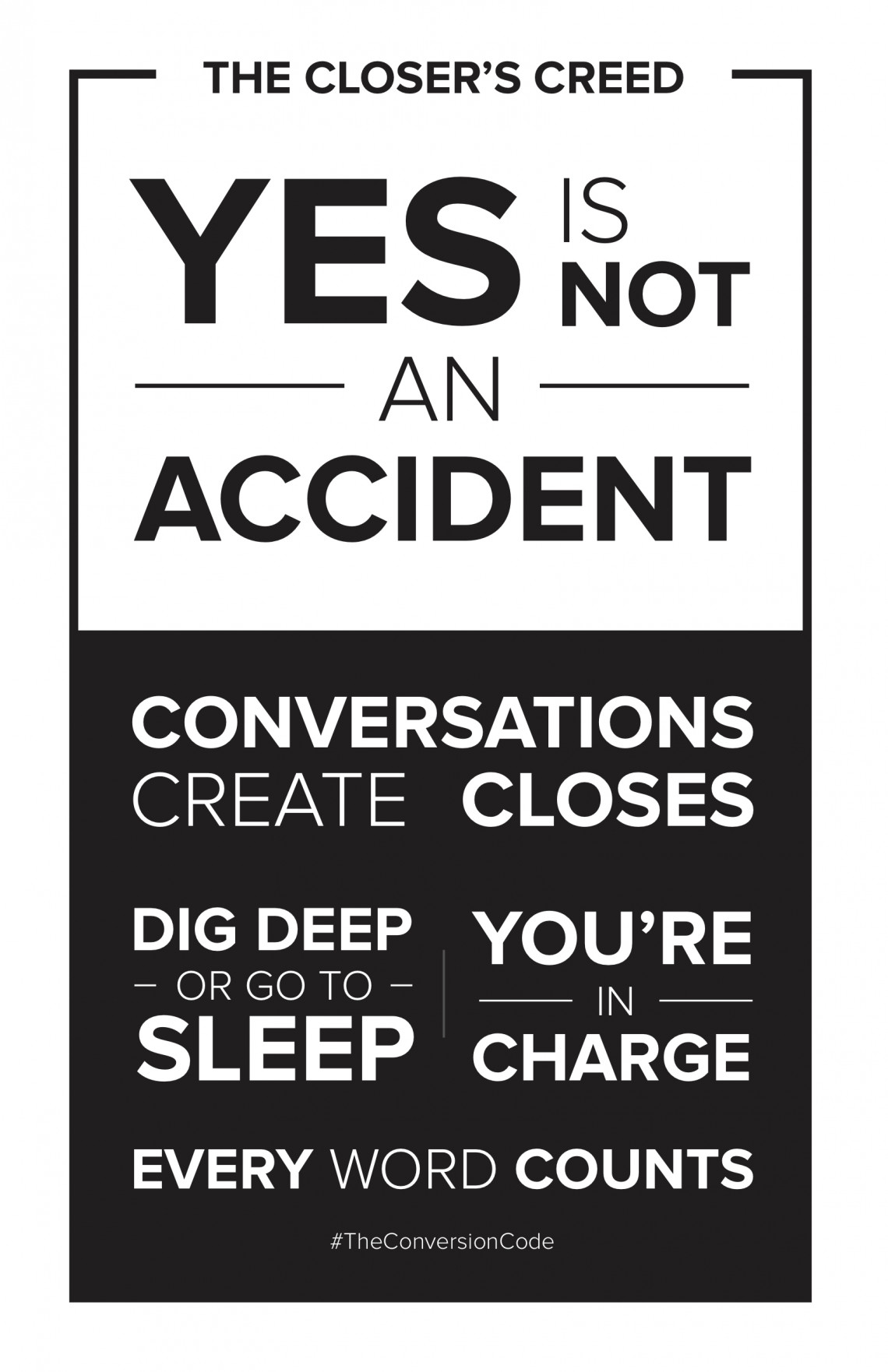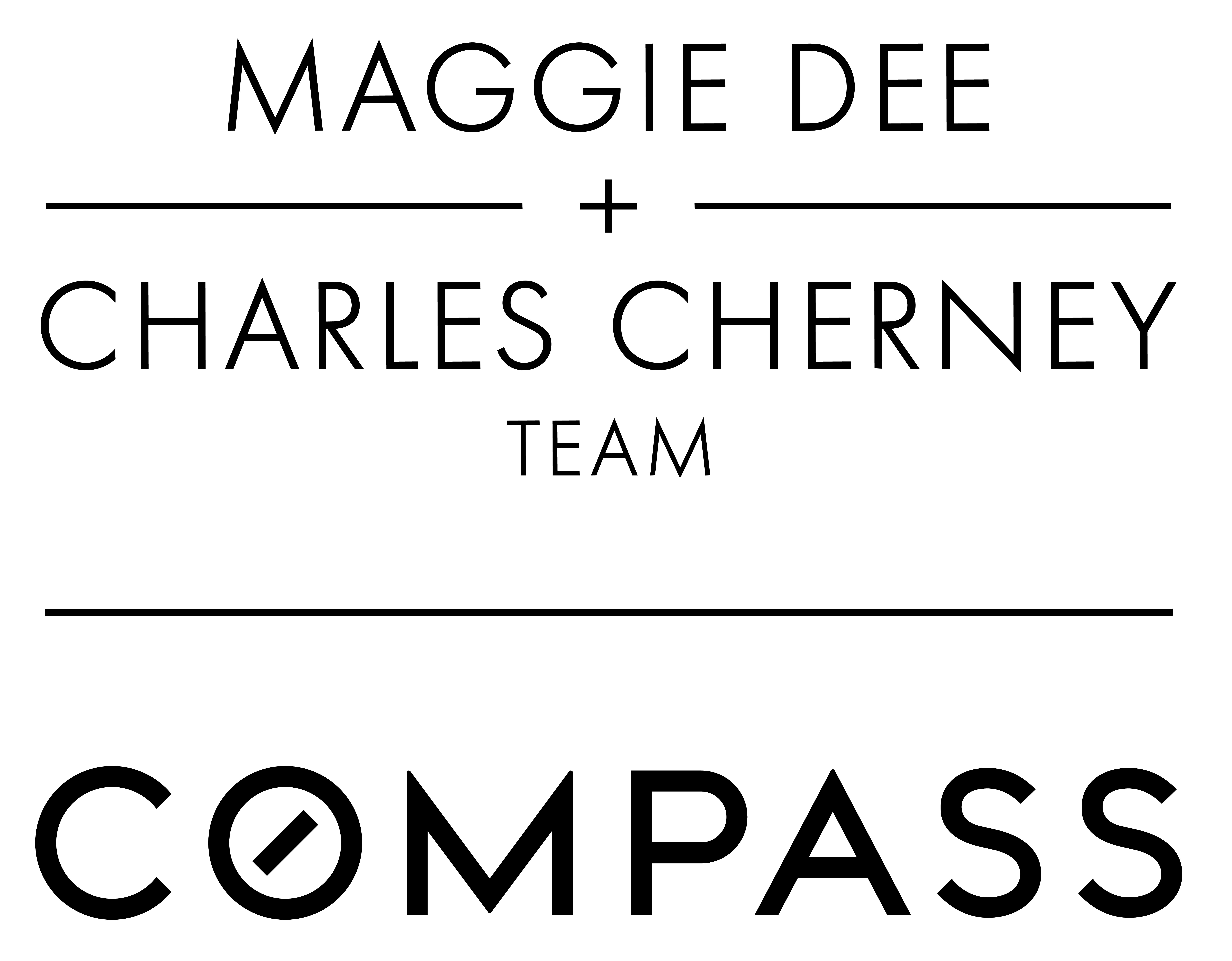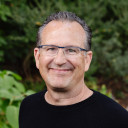The Conversion Code by Chris Smith
The Conversion Code
The Conversion Code (2016) is a best-selling sales book by Chris Smith. Chris Smith is the co-founder of Curaytor, the marketing company that powers this very website and my team's marketing. The Conversion Code is divided into three parts.
Part I - Capture Internet Leads
Chris Smith has himself called more than 10,000 internet leads in his life as a salesman before founding Curaytor. He's done inside sales and outside sales. He's put in his 10,000+ hours. He's gotten the sale. Over and over and over again.
Chris notes that salespeople and marketers don't need Google or SEO (search engine optimization) to be successful online anymore. Google and SEO are passive plays because they depend on a person actively searching for you. "Demand generation, direct response marketing, and social media advertising," Chris writes, "are the future of lead generation." Indeed. In Part I of the Conversion Code, Chris has a lot to say about social media, in particular Facebook. I like his advice to communicate on Facebook one-to-one, meaning the following: write on someone's wall; leave comments; start private FB chats. One-to-one communication is king. Chris is big on doing things that don't scale. That, of course, means working hard. You have to put in the time.
Part II - Create Quality Appointments
Creating quality appointments hinges on following up. "Leads are meaningless," Chris says, "if someone does not work them and follow up with them in a systemized, strategic, and repeatable way." The fortune is in the follow up. More recently, Curaytor introduced a software solution for its own clients called Convert, that helps with following up with leads and past clients. Anyone with more than a handful of others to keep up with will appreciate the value of intelligent assistance in this regard. If the fortune is in the follow up, the pay out is in the approach. Who you reach out to and when you contact them and what you say - it all matters.
Part III - Close More Sales
Chris opens this part of the book by noting "Every sale is won or lost before it's ever pitched." That statement is profound and well worth pondering. Top salespeople pay attention to the person they are communicating with. They listen well. And they hyperpersonalize their responses. That requires digging deep and listening to what the other person has to say. And asking questions. As Chris says, "The best salespeople are listening, taking notes, and have a genuine interest in their prospect's situation; they are not just waiting for the other person to stop talking." They build trust.
In this part of the book, Chris gets into specifics on closing sales. One thing that comes through overall is the importance of confidence. "Act like an expert and you might just become one," Chris says. He adds, "Obsess that your words are coming out confidently and clearly when you close." A salesperson ought not to question what they are offering when closing. Rather, as Chris points out, they ought to say "So, here's what happens next."





